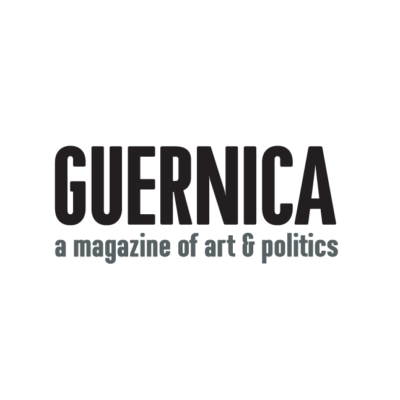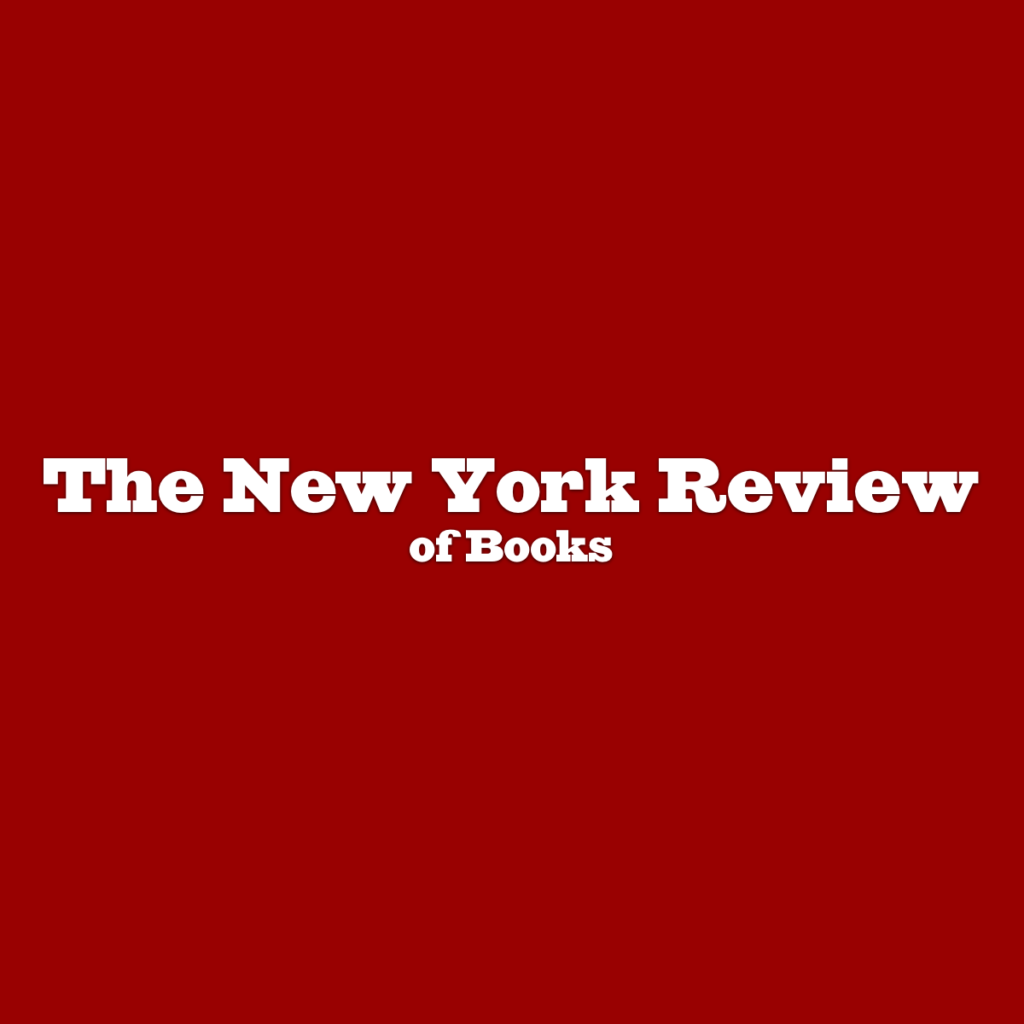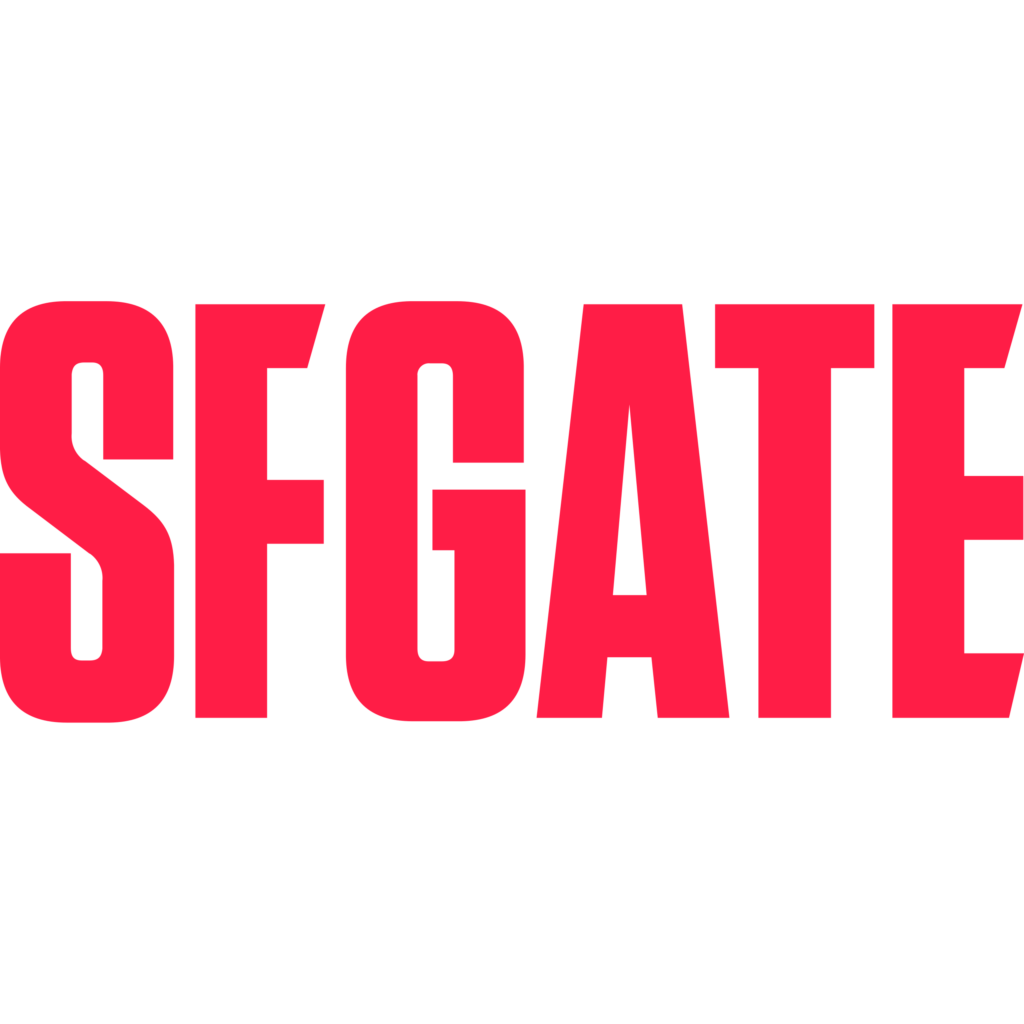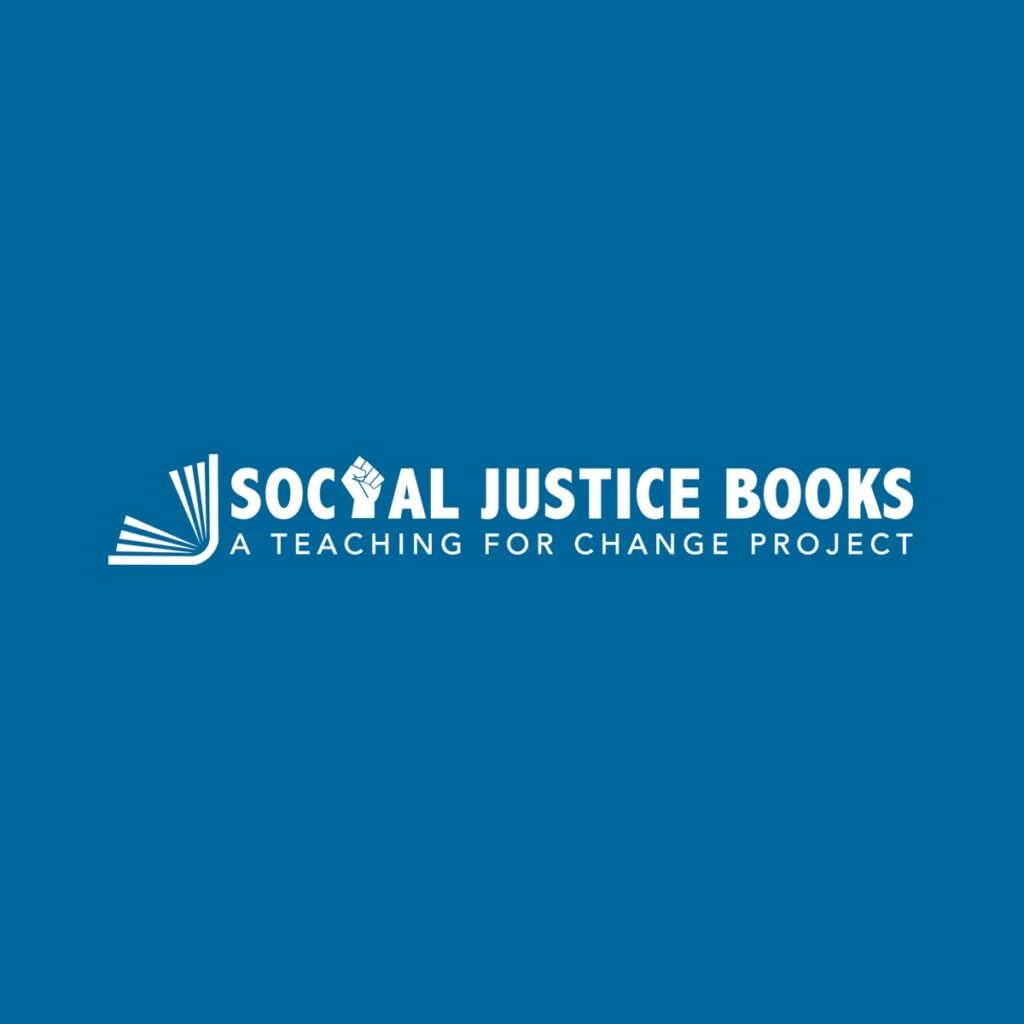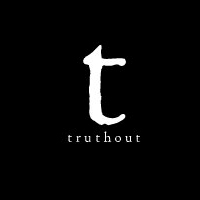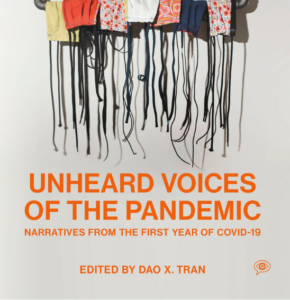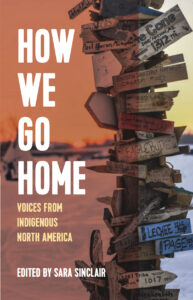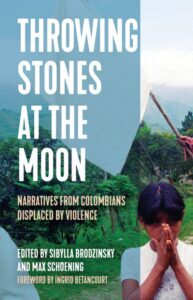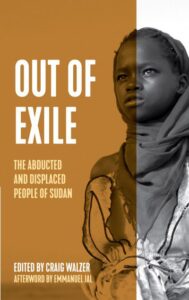About the Book
Israel’s occupation of the West Bank and Gaza has been one of the world’s most widely reported yet least understood human rights crises for many decades.
In this oral history collection released in 2014, men and women from Palestine—including a fisherman, a settlement administrator, and a marathon runner—describe in their own words how their lives have been shaped by the historic crisis. These stories illuminate the oft-ignored violations of human rights that occur daily in occupied Palestine.
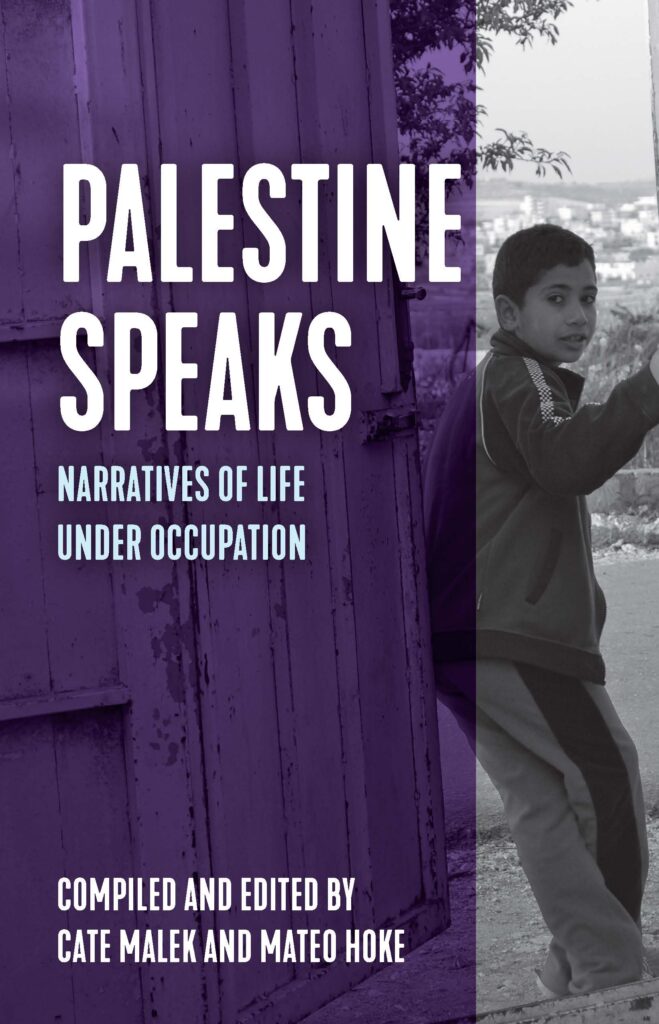
Narrators Include:
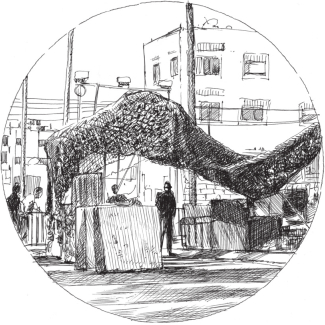
IBTISAM, the director of a multi-faith children’s center in the West Bank whose dream of starting a similar center in Gaza has so far been hindered by border closures.
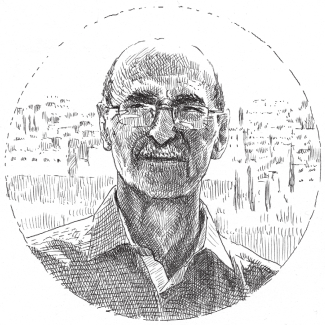
GHASSAN, an Arab-Christian physics professor and activist from Bethlehem who co-founded the International Solidarity Movement.
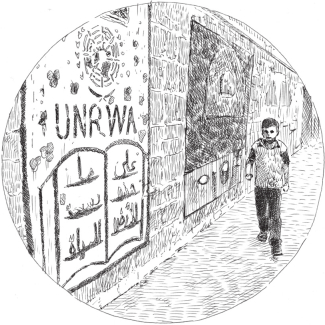
KIFAH, who was jailed for years with no charges. She believes she was imprisoned for her work as a community leader before her arrest.
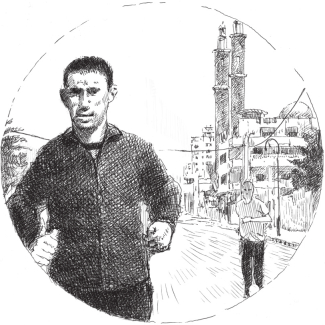
NADER, a professional marathon runner from Gaza who is determined to pursue his dream of competing international races in the face of countless challenges, including severe travel restrictions and few resources to help him train.
About the Editors:
Corinne Goria is a writer, lawyer and Assistant Editor of Underground America: Narratives of Undocumented Lives, Voice of Witness’ collection of oral histories from undocumented immigrants in the United States. She is based in San Diego.
Kalpona Akter is an internationally-recognized labor rights advocate. She is the executive director of the Bangladesh Center for Worker Solidarity (BCWS) and is herself a former child garment worker. BCWS is regarded by the international labor rights movement as among the most effective grassroots labor organizations in Bangladesh. Kalpona’s work has been covered extensively by local and international media, including ABC, BBC, the New York Times, and the Wall Street Journal.
Praise for Palestine Speaks:
Palestine Speaks demonstrates that nothing is more eloquent than the voices of those who endure and try valiantly to survive. Nothing is more important for us than to listen to them carefully, to grasp their suffering, to learn from their testimonies about them and about ourselves, and to use this understanding to bring their tragedy to an end.
Noam Chomsky, author and professor at MIT
A stunning, essential, and heartbreaking book that puts a profoundly human face on the suffering of the Palestinian people. This should be required reading for anyone with an interest in the Middle East, which is to say: everyone.
George Saunders, author of The Tenth of December and MacArthur Genius Grant recipient
The voices of these ordinary individuals…speak here with unsettling eloquence. They are heartrending stories.
David Shulman for The New York Review of Books
Related Resources

View the Lesson Plans
The lessons use oral history to promote a nuanced understanding of Palestinians lives under occupation.
Book Club Discussion Questions
Use these questions to encourage meaningful discussions about the book.
Narrative Excerpt
Read an excerpt from Jamal Bakr’s oral history in McSweeney’s.